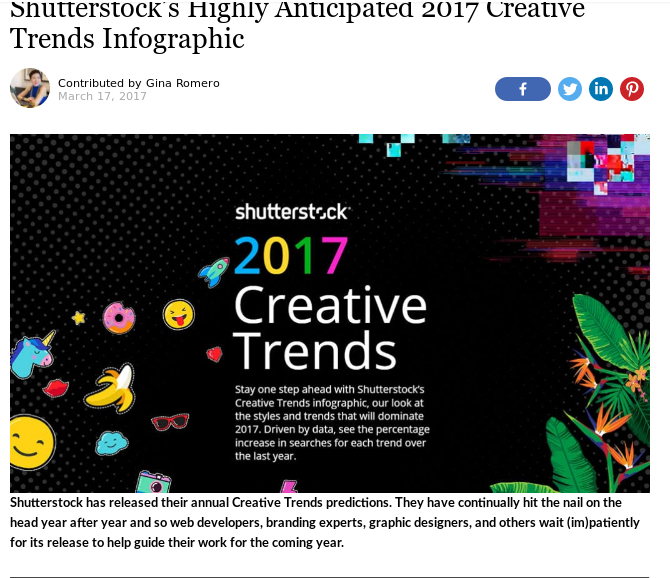Content marketing is something a lot of companies are putting more effort into, and just as the name implies, it’s about creating and distributing informational content to get your brand name out there. Marketing agencies like Lemon Dog Digital Marketing Agency can help out with the content creation and the technical SEO aspects of such a campaign.
PPC advertising, on the other hand, is an in-your-face way to push a product with little explanation. It is effective for types of products that already well known, in demand and applicable to a broad audience.
While a mix of both methods would be ideal, having a lean marketing budget would make you want to choose the best bang for your buck.
The Case for Content Marketing
Content marketing is about the long-haul in brand recognition through awesome content, rather than trying to get people to click through to landing pages. Considering that the internet is flooded with mostly mediocre content and the average internet becomes more demanding, you have to step up your game in providing something way better than the competition.
Your website’s content is a means of maintaining customer relationships. It’s an opportunity to display your expertise and gain trust in potential or existing clients through well thought out blog posts or infographics that highlight key issues within your industry. Once a customer believes they are informed about a certain product or service, it is more likely that they will make further purchases.
Since the average person is heavily reliant on Google searches to find information, this would be one of the primary outlets to get your content discovered. Thanks to the latest by Google, content with more effort are floating to the top while spam is being knocked down. More than anything, updating your articles with fresh information will make the more likely to rise to the front page.
As you might imagine, it is hard to have a short-sighted approach to calculating your ROI with content marketing, especially if you are hiring content writers/strategists over writing it yourself. And to be quite frank, you probably won’t have a clue how valuable your content is until you start seeing user engagement, and of course: sales.
A great example of content marketing is Shutterstock’s 2017 Creative Trends Infographic, which received over 5,300 shares on social media and was featured in hundreds of blogs.

An example of a blog sharing Shutterstock’s infographic.
The Case for PPC Advertising
Using pay-per-click advertising is all about instant gratification, but you have to pay-to-play. This is useful for business with little SEO or social media traction, or seizing the opportunity on certain market trends within a short time frame. And since you can target your campaign towards certain demographics and keywords, a well-planned campaign can see high conversion rates.
While most platforms create a bit of a disconnect between webmasters and advertisers, you are bidding for the cost per click to have your ads displayed. Whether you’re bidding on a high-demand keyword, blog, or social media account, you will be competing with others on the market. If your niche is relatively competitive, it can be harder to find the best deal for display advertising.
Of course, you will also need to put effort into your banners, landing pages, and ad copy to make the ROI worth it. Having a PPC manager, like LemonDog Media, can save you time and money when managing a PPC campaign, especially if you have almost zero experience using advertising platforms.
Wrapping Up
For long-term results, companies that put effort into content marketing turn their online presence into a sales-generating machine. Consumer expectations are rising, so having more comprehensive marketing strategies will be the way of the future to retain a customer base. Of course, there is still a place for CPC campaigns, and it doesn’t hurt to use a combination of the two if it’s within the marketing budget.